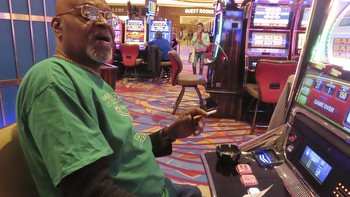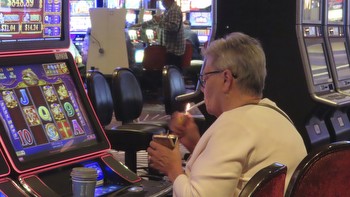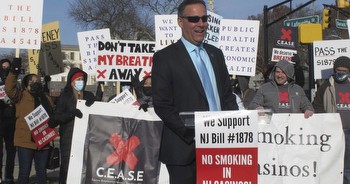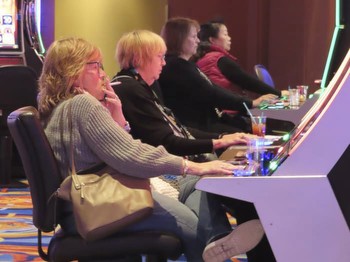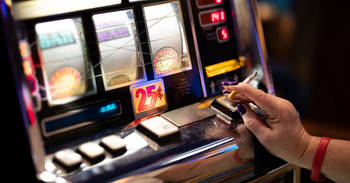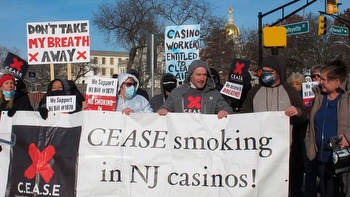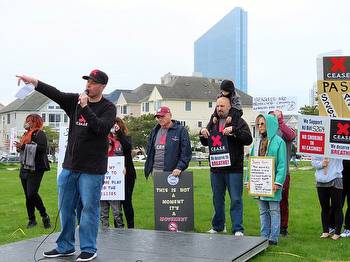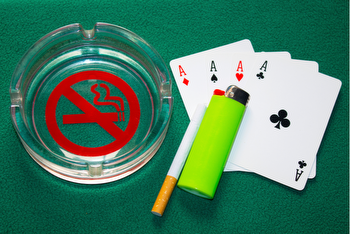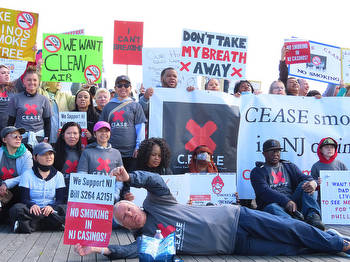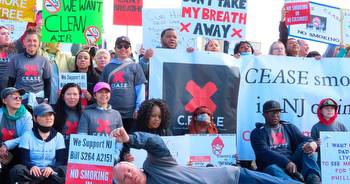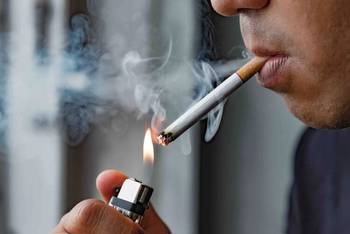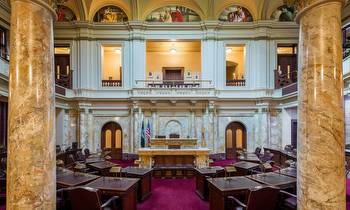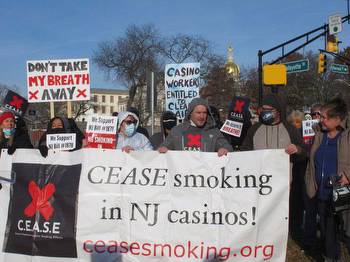Atlantic City casinos: Bill to ban smoking moves forward

A measure that would prohibit smoking in Atlantic City's casinos moved forward Monday after three years of going nowhere, heartening casino workers who say they are literally sick and tired of having smoke blown in their faces at work.
The New Jersey Senate health committee approved a long-delayed bill to impose a smoking ban in Atlantic City's nine casinos.
It was the first step in a long chain of necessary approvals, and it came as the movement by many casino workers to implement a ban entered its fourth year.
The vote also touched off a confrontation among casino workers outside the state Capitol afterward, with supporters of a smoking ban and opponents of the proposal screaming at one another on the sidewalk before being separated by their respective camps.
And a prominent business group and a casino workers union warned that a smoking ban would be “an economic catastrophe” that would cost Atlantic City and the southern New Jersey region jobs and money.
Casino workers who favor the ban were elated to finally have it voted on after years of inertia.
“We feel like we cracked the egg,” said Nicola Vitola, a Borgata dealer and a leader of the movement to ban casino smoking.
Smoking is permitted on 25 per cent of the casino floor in Atlantic City. But those spaces are not contiguous, and smoke wafts into most areas of the gambling floor, regardless of their designation.
Casinos were specifically exempted from New Jersey's 2006 law that banned smoking in virtually all other workplaces.
Vitola said that while she was pregnant, she was assigned to work tables in smoking sections.
“Dealers are mere inches from players blowing smoke in our faces,” she said.
Christina Renna, president and CEO of the Chamber of Commerce Southern New Jersey, said that while smoking is undoubtedly harmful, so, too, could be the layoffs she and executives from the casino industry warn could happen if smoking were banned.
Donna DeCaprio, president of Local 54 of the Unite Here union, which represents bartenders, cocktail servers, room cleaners and others, noted that there used to be 50,000 casino jobs in Atlantic City. She warned that the bill could eliminate 3,000 of them.
In an online discussion with New Jersey Sen. Joseph Vitale, the committee's Democratic chair, she said she warned that as many as three Atlantic City casinos could be forced to close if a smoking ban were imposed while casinos in neighboring Pennsylvania continue to offer it.
“In south Jersey, there are no replacement jobs of this calibre,” she said. “A total ban is going to result in an economic catastrophe for Atlantic City, the region and the state.”
Cynthia Hallett, president and CEO of Americans for Nonsmokers’ Rights, said polling has shown that more people say they would visit Atlantic City casinos if smoking were prohibited.
The casino industry opposes a total smoking ban and says it is working on proposals including better ventilation systems and enclosed smoking rooms in which no employees would be involuntarily assigned to work. The Casino Association of New Jersey said in a statement it is eager “to find a meaningful compromise that will address the concerns of our employees without jeopardizing jobs and benefits to some of our most vulnerable citizens.”
A Republican senator, Vince Polistina, has said he will draft a new bill incorporating those proposals, but he has yet to do so.
The bill that was acted upon Monday now goes to the full state Senate for a vote. An identical bill also must be approved by an Assembly committee and voted upon by the full chamber before it can go to the desk of Democratic Gov. Phil Murphy, who has said he will sign a smoking ban into law.
New Jersey Sen. Shirley Turner, who has co-sponsored bills for years that would have imposed a casino smoking ban, said casino workers are left in an untenable position.
“You shouldn't have to make that kind of decision in this country: your job or your health,” she said. “That's not America.”








